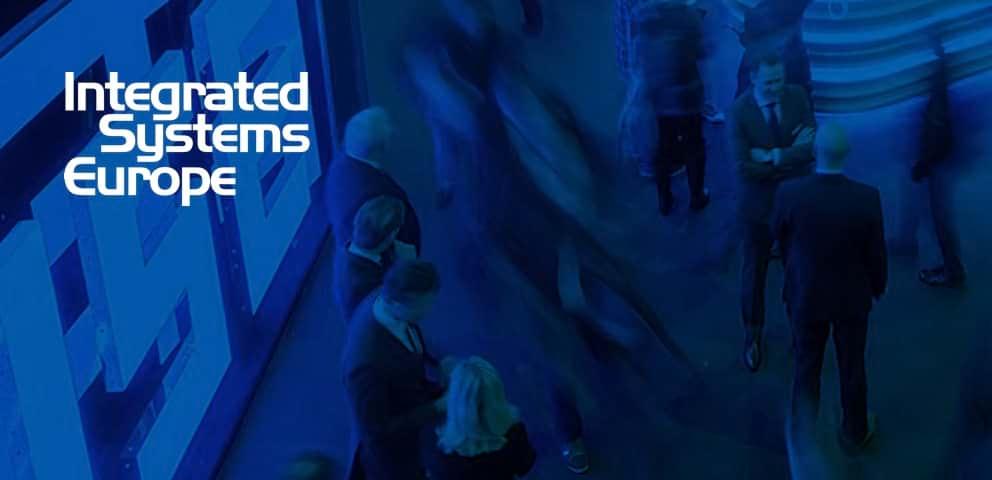Charting the Europe System Integration Market Forecast

The Europe System Integration Market Forecast points towards a future of sustained and robust expansion, driven by persistent technological advancements and evolving business needs. Projections indicate that the market will continue its upward trajectory over the next several years, with a strong CAGR fueled by the increasing complexity of IT environments. The ongoing migration to cloud services, the proliferation of IoT devices, and the strategic importance of data analytics will remain primary catalysts for this anticipated growth across the European region.
Future market dynamics will likely be heavily influenced by the demand for more intelligent and automated integration solutions. The integration of AI and machine learning into integration platforms is expected to become standard, enabling predictive analytics, self-healing systems, and more efficient data management. This will allow organizations to not only connect their systems but also to derive greater value from the data flowing through them. The forecast suggests a significant increase in investment in these next-generation integration technologies as companies seek to build more autonomous and responsive operations.
Furthermore, the forecast highlights the growing importance of vertical-specific integration solutions. As industries like manufacturing (Industry 4.0), healthcare (digital health records), and automotive (connected cars) undergo profound digital transformations, the demand for tailored integration services that understand unique industry protocols and regulatory requirements will rise. This specialization will create new growth avenues for system integrators and shape the competitive landscape, favoring providers with deep domain expertise in high-growth sectors.
- Art
- Business
- Causes
- Crafts
- Dance
- Drinks
- Film
- Fitness
- Food
- Spellen
- Gardening
- Health
- Home
- Literature
- Music
- Networking
- Other
- Party
- Religion
- Shopping
- Sports
- Theater
- Wellness
